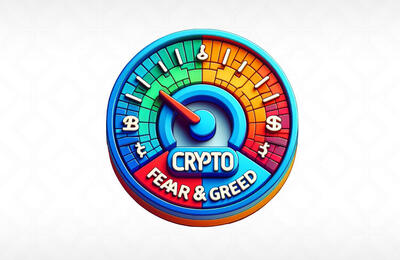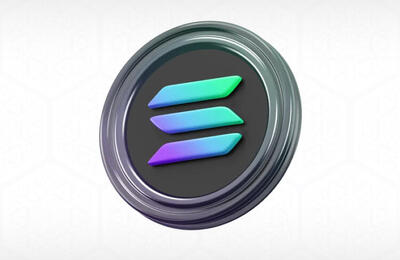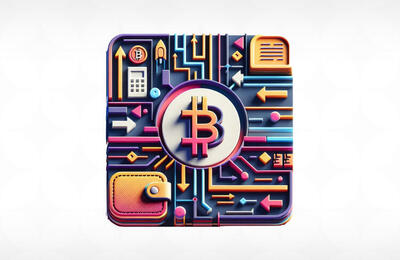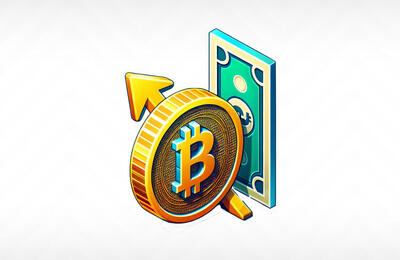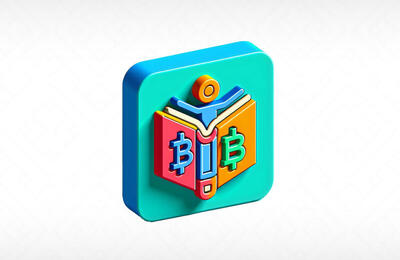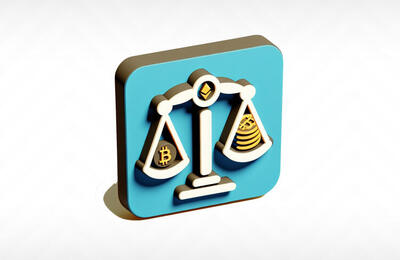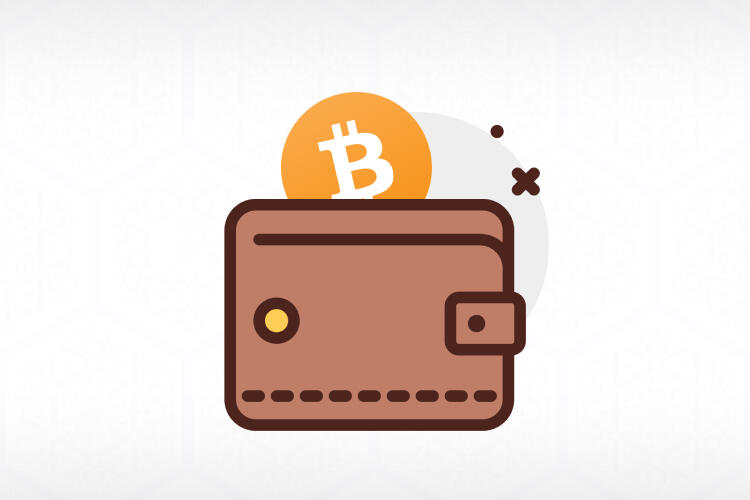
The need to protect your digital assets has increased as the ubiquity of cryptocurrency grows. A crypto wallet is one of the most important tools for securing digital assets. That's why it's important to choose a trustworthy wallet, such as CEX.IO crypto wallet app. This blog post will discuss the various cryptocurrency wallet types, their security features, and how to pick the best wallet for your purposes.
Recognizing Cryptographic Wallets
A cryptocurrency wallet is a piece of hardware or software that can be used to transfer, receive, and store digital assets like Bitcoin and Ethereum. Wallets communicate with blockchain networks to handle and confirm transactions and maintain the security and integrity of your digital assets.
Different Crypto Wallet Types
There are numerous cryptocurrency wallets, each with unique features and security precautions. There are three primary categories of crypto wallets:
Hot wallets: Hot wallets provide easy access to your coins for regular transactions and are connected to the internet. Yet, they are more vulnerable to hacking and cyberattacks because they operate online.
- Desktop wallets: Desktop wallets are computer programs that you can install. They strike a reasonable compromise between security and usability, but they can still leave your computer open to attack if it becomes infected with malware or develops a hardware issue.
- Mobile wallets: Smartphone apps that help you manage your cryptocurrency while on the go. Although they frequently come with extra capabilities like QR code scanning for speedy transactions, they could also need to be more secure than other wallet choices.
- Web wallets: Web wallets are usable on various devices and accessed through a web browser. Web wallets, despite their simplicity, are often regarded as the least secure sort of wallet because they depend on external servers and are susceptible to phishing attempts.
Cold wallets: These offline storage options improve the security of digital assets. Since they are offline, hacking and other online hazards are less likely.
- Hardware wallets: These are actual objects created with the sole purpose of holding cryptocurrency. They keep your private keys on a secure element within the device, ensuring they remain protected even when linked to a compromised computer. One of the safest methods of storing is hardware wallets.
- Paper Wallets: Usually in the form of QR codes, paper wallets are documents that hold your public and private keys. They provide strong protection against cyber attacks but are also susceptible to physical harm, theft, or loss.
Finding the Best Cryptocurrency Wallet
The following things should be taken into account while choosing a crypto wallet:
Security: Your wallet's security ought to be your first concern. The maximum level of protection is typically provided by cold wallets, such as hardware and paper wallets, but hot wallets may be more susceptible to online attacks.
Accessibility: Think about how often you need to access your cryptos and whether you need a wallet that enables rapid and easy transactions.
Cryptocurrencies that are supported: Because not all wallets are compatible with all digital assets, make sure the wallet you select supports the coins you wish to store.
User Experience: If you're unfamiliar with crypto industry, pick a wallet that has an intuitive user interface and is simple.
Backup and recovery: To safeguard your digital assets in the event of hardware failure, loss, or theft, look for wallets that offer secure backup and recovery alternatives.
Customer Support: Choose a wallet provider that provides dependable customer service if you encounter problems or require assistance.
Best Practices for Wallet Security
Follow these recommendations to make your crypto wallet as secure as possible:
Use Secure Passwords: Create strong passwords for your wallet and associated accounts.
Activate Two-Factor Authentication (2FA): To add a layer of security, enable 2FA on your wallet and any connected accounts wherever feasible.
Updating the Software on Your Wallet: To guarantee you have the most recent security fixes and enhancements, often update your wallet software and related programs.
Use a Certain Device: Employ a dedicated device for managing your crypto wallet, primarily if you utilize a desktop or mobile wallet. Doing so decreases the chance of contracting malware and other security concerns.
Make routine backups: Make regular backups of the private keys in your wallet and keep them in a safe place, like an encrypted USB drive or another offline storage option.
Beware of Phishing Scams: Be wary of unsolicited emails, messages, or websites that demand private keys to your wallet or other sensitive information. Trustworthy wallet providers will never request your private keys.
For increased security, consider using a multi-signature wallet, which requires multiple private keys to allow transactions. This can assist in preventing theft or illegal access to your digital assets.
When it comes to cryptocurrency wallets and how to keep your digital assets safe and secure, it is essential to implement robust security measures when trading crypto to protect your investments effectively.
Summary
Picking the correct crypto wallet is essential for your digital assets to be safe and secure. Understanding the various wallet categories, considering your requirements, and adhering to the recommended security procedures for wallets can help you successfully manage and safeguard your cryptocurrency holdings.
Maintaining the security of your wallet and remaining educated about potential threats will become more crucial as the world of digital currency continues to develop. You may confidently safeguard your digital assets and navigate the cryptocurrency world by taking the appropriate safeguards and exercising prudence.
